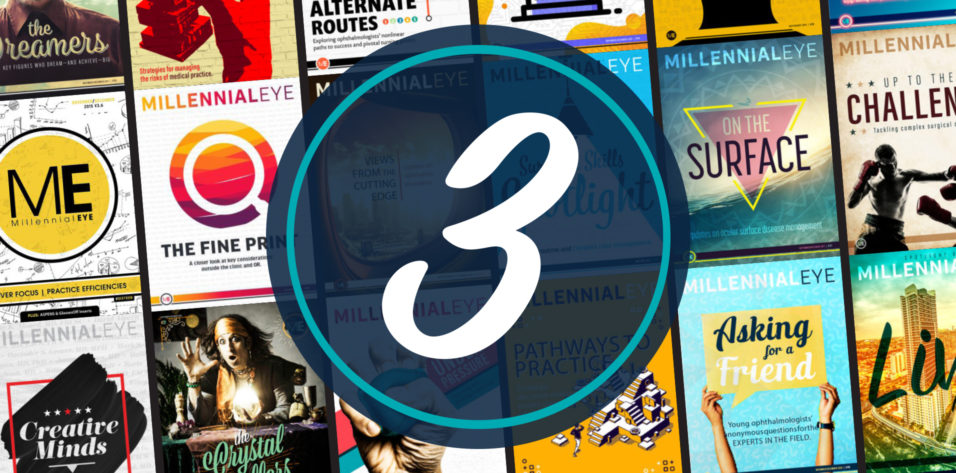1. Lessons in Leadership | MillennialEYE September/October 2019
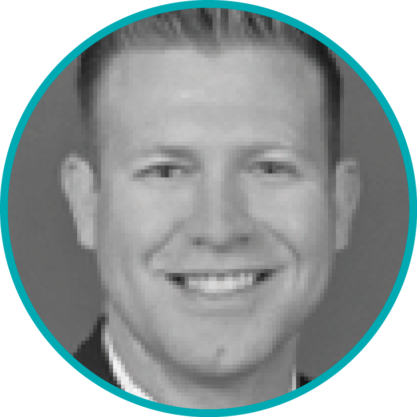
Gary Wörtz, MD
“In medical school and residency, I was unaware how important the topic of leadership would eventually become to me. Then, when I started out in practice and began to build and interact with a team of employees, I discovered I needed to learn the tenets of leadership. As a result, for the past 10 years I have been conducting an ongoing independent study on the makeup of a successful leader and the best methods to effectively lead others.”
2. Notes From a Physician CEO | MillennialEYE September/October 2019

Jennifer Loh, MD
“In 2016, I started my own ophthalmology practice, which, upon opening, consisted of me and one other employee. Fast forward to today, and Loh Ophthalmology Associates has grown into a team of seven individuals, including me. In this time, I have learned a substantial amount about working as both an ophthalmologist and a business leader.”
3. Building Your Practice Brand | MillennialEYE November/December 2016

Gregory Parkhurst, MD
“One of the most important aspects of marketing is developing and managing a well-conceived brand. Many factors can identify a brand: a word, an object, a logo, a practice—even a physician. A common denominator of all successful brands is their alignment with a particular market segment. Think about all the people who love to drink tea. There are some who prefer hot tea; there are some, especially in Texas, who prefer iced sweet tea. The only way to make all of these tea drinkers unhappy is to serve lukewarm tea. A brand cannot be all things to every consumer.”
4. The Instagram Influence | MillennialEYE September/October 2019
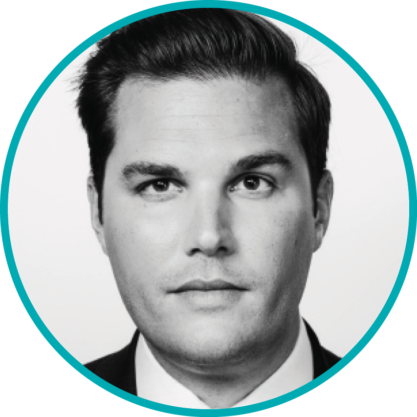
Blake Williamson, MD, MPH
“Most MillennialEYE readers likely use social media personally. Some, however, may still question whether social media is needed professionally, particularly for an ophthalmology practice. But I would argue that, today, having a social media presence is a must for every business, including medical practices. Social media accounts—Instagram in particular—are the new website. When I want to research a restaurant, for example, I do not head to the establishment’s website but, instead, to its Instagram account. This enables me to learn about the restaurant’s specialties, visualize their food, and see how they talk about their offerings. As consumers, our patients are also moving in this direction and looking to Instagram more than ever before.”
5. Help! I’m a Doctor, Not a Lawyer | MillennialEYE July/August 2016
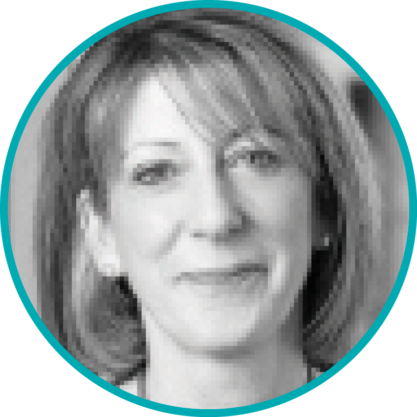
Allison Shuren, MSN, JD
“New ophthalmologists who are just going into practice undoubtedly have a lot on their minds and their plates. It can be challenging to navigate the many firsts that lie ahead, especially those related to an area that was not mastered in medical school, such as how to protect themselves legally. Having been involved in ophthalmology and the legal aspects of practice for 17 years, I have considered the primary steps I would take to protect myself if I were an ophthalmologist starting out today.”
6. The Human Touch in Medicine: Are We Losing It? | MillennialEYE March/April 2019
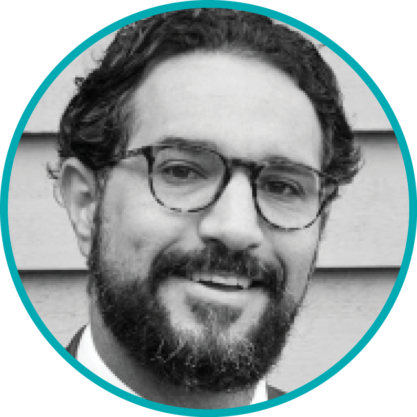
Xavier Campos-Möller, MD
“As ophthalmologists, we live in a fast-paced and outcomes-driven world. Taking care of a large and ever-increasing number of patients is the norm, so we spend most of our lives in an environment where efficiency is rewarded, efficacy is expected, and time is golden.
For physicians living in underserved locations, it is simply a matter of keeping up with the demand. Others are required to meet their health care system’s national standards. And for those in private practice, it is important to keep up with the bills, especially when continuously evolving and highly expensive technology has become the standard of care. … We examine hundreds of eyes, but how often do we look our patients in the eyes? Technology connects us to everything—except the other human in the room.”
7. Seeing Stars | MillennialEYE November/December 2021

Crawford Ifland
“Reviews are a powerful tool for driving patient acquisition: 66% percent of patients perceive reviews as influential in their search for a new physician, and eight out of 10 patients start the search process by reading online reviews. Additionally, nine out of 10 millennials trust online reviews as much as they trust personal recommendations from family and friends. If there is an easy way to enhance your online reputation, it is working to improve your review profile.”
8. The Dark Side of Social Media | MillennialEYE July/August 2016
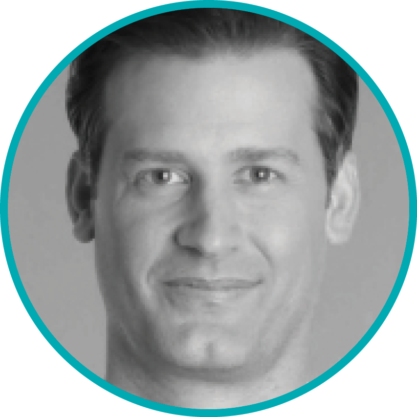
Jonathan D. Solomon, MD
“For better or for worse, social media is here to stay. As physicians, we are (mostly) coming to recognize the potential value that social networking tools can bring to our practices. However, working in a field that emphasizes privacy and professionalism, we also recognize the dangers—some hidden and some blatant—that exist with sharing pieces of ourselves and our work in such a public way.”
9. The New Practice | MillennialEYE November/December 2016
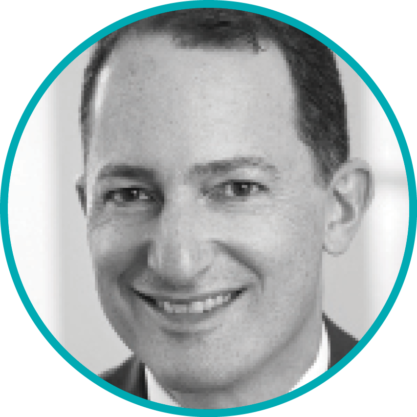
Tal Raviv, MD
“A couple of years ago, I took over a retiring doctor’s established solo medical ophthalmology practice in midtown Manhattan. He had been in practice in the same physical space for 40 years and employed a small, loyal staff. Although we were generationally different, we have a similar philosophy on the focus on patients and service. Because I am a cataract and refractive surgeon, my practice is quite different from the preexisting one, so I embarked on a journey to transform his former traditional, classic solo practice into a modern, high-tech, multiphysician office for today’s discerning patients.”
10. Finding a Niche | MillennialEYE November/December 2015
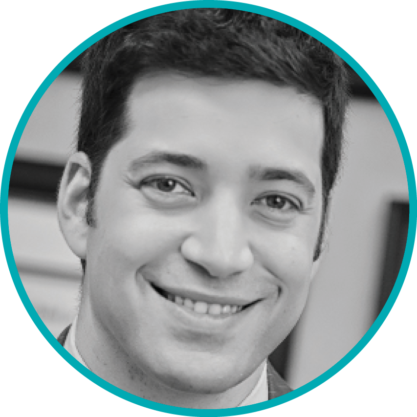
David A. Goldman, MD
“I’ve written before about developing a niche to help grow your practice in the beginning. Since then, many people have contacted me for ideas about what to do. Below is a list of some of things I find to be in short supply in most, not all, areas (in no specific order). To begin, you should only try to develop a niche in what you are comfortable performing. However, you can certainly take courses in a particular area to enhance your abilities. While they are typically low on the reimbursement scale, treating these conditions will increase your referral network and help you get off the ground.”

